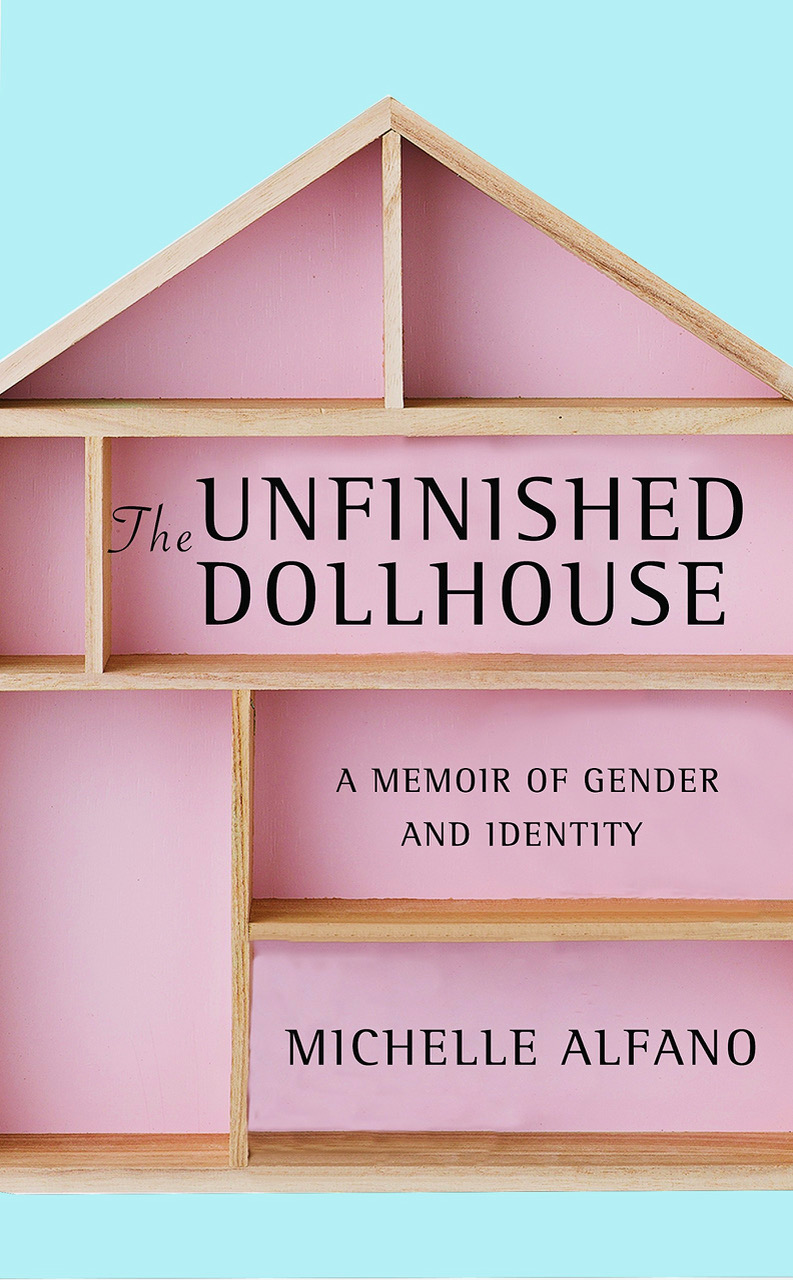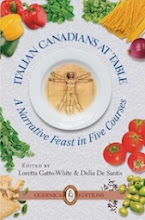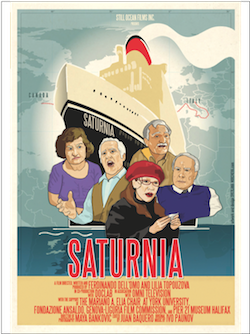 War and Peace, Volume 2 by Leo Tolstoy (Published 1869 - republished by Penguin Books Ltd., 1957) translated by Rosemary Edmonds, 732 pages
War and Peace, Volume 2 by Leo Tolstoy (Published 1869 - republished by Penguin Books Ltd., 1957) translated by Rosemary Edmonds, 732 pagesOn to volume 2 as the winter advances! I promised myself that I would finish the book by year's end and by god I did. Leo Tolstoy is pictured to the right here with his granddaughter at Yasnaya Polyana, his home, near Tula, Russia.
Is it true that women cannot write about the big issues I wondered as I finished the book and thought about what I had enjoyed? Germaine Greer said in a recent article in The Independent that women are "more interested in understanding than explaining, in describing rather than accounting for."
I know that what interests me the most, as a writer, isn't the historical forces which caused the Napoleonic wars and which Tolstoy dwells on at length but how the Natashas, the Countess Rostovs and the Princess Marias deal with with the repercussions of the wars: the loss of loved ones, the grief, the destruction of family and fortune, the fortitude with which they forge through these difficulties.Why is this less valid than examining the historical causes of this great rupture in Russian society? Isn't the loss of one's son or one's father, the grave illness of one's only daughter of more weight emotionally than all the wars combined? Are we as women obsessed with the "small issues" - who is to say they are small?
I am more concerned with what is happening on the home front. Natasha, who narrowly avoided being kidnapped and tricked into a false marriage by Anatole Kuragin (Pierre's brother-in-law), becomes very ill. Her shame, disappointment and exposure to the speculation of high society creates a dangerous state of health for her. She is consoled by Pierre, Andrei's best friend, and although Pierre is married to the treacherous and beautiful Helene, he is in love with Natasha.
Having read Anna Karenina first (although it was written after War and Peace), Natasha's illness and disappointed hopes can't help but remind me of Kitty's situation with Vronsky in Anna Karenina. She, too, is manipulated and discarded by an older, more experienced would-be lover. And thinking even further on it ... aren't these two scenarios very reminiscent of Marianna's situation at the hands of John Willoughby in Jane Austen's Sense and Sensibility? Tricked and made vulnerable and then unceremoniously discarded when found out by those closest to the girl?
But on to the war ... Smolensk, a town near Bald Hills and Prince Andrei Bolkonsky's estate, is attacked (an historical fact). The French soon invade. Prince Andrei, still serving with the army, asks that his family evacuate to their home in Moscow but his father, the irascible Prince Nikolai, refuses. Then the elder Prince has a stroke and his daughter, Princess Maria, must commandeer the sizable household to move. More preoccupied with the spiritual world than the material, she attempts to rise to the occasion.
The Rostovs scurry to leave Moscow. Count Rostov is unequal to the task leaving the preparations almost to the last moment that the French arrive in Moscow. The wounded are begging for assistance from the Muscovites, literally gathering before their houses begging for shelter. Dozens appear at the Rostovs, among them Prince Andrei, unbeknownst to the family. As the thirty(!) carts are loaded when they prepare to flee with their personal possessions, Natasha realizes with shame that they should be offering the carts to the wounded and convinces the family to do so.
Tolstoy does not spare the Russians even as the French pillage Moscow. The aristocratic Rostovs (with the exception of Sonja, a poor relation who lives with them) are selfish and slow to react to the tragedy of the situation, unable to comprehend that life as they know it has ended. Pierre is befuddled and afraid, latching on to a mildly insane plot to kill Napoleon. Helene thinks only of divorcing Pierre regardless of the oncoming deluge, debating between two suitors.
But overnight, Natasha is transformed from a frivolous, impetuous girl to a determined, sensible, compassionate woman scurrying to remove their possessions and make room for the wounded men. She learns that her former fiance Andrei is among the men and, at last, Natasha and Andrei, find a kind of peace together. She nurses him perhaps to atone for her perceived infidelity; Andrei "forgives" the young girl as he has forgiven Anatole. Marie soon joins them and the once to be sister-in-laws are reconciled over Andrei's slow demise.
He finds the child and attempts to return her but then encounters a young Armenian girl being attacked by two Frenchmen in the street. In a rage, he himself attacks the men and is arrested by the French. Thus ends Part Three. Released emotionally by these acts of bravery, and imprisoned by the French and very nearly executed, he no longer feels compelled to act against Napoleon.
Much of the plot surrounding the Napoleonic Wars involves the tactical maneuvers of General Kutuzov on the Russian side and Napoleon on the French. Napoleon's "genius" is mocked and his role in history is diminished; Kutuzov is exalted as a an unsung hero who saved Russia. To what does history owe this discrepancy in perception? "For the 'great' man nothing is wrong; there is no atrocity for which the great man can be blamed." Hence, Napoleon passes into legend; Kutuzov is a footnote in Russian history sometimes criticized for his small vices and the infirmities of his old age. As a former soldier in the Crimean War himself, Tolstoy capitalizes on his speculation regarding the cynical motives behind each tactical move by the Russians and the French.
To this I cannot speak. I must admit the last 200 pages are challenging to get through with regards the war ... I can only comment on the humanity with which Tolstoy approaches both sides, the conquerors and the vanquished, the oppressed and the oppressors. If the French are cruel and vindictive, the Russian are foolhardy and obstinate, burning Moscow almost to the ground as if to punish the French for invading.
Pierre (and I feel Tolstoy) marvel at the frenzy which seizes both the French and the Russians as if some external force has taken possession of them which they can't relinquish. We see this is in the scene where the French "try" captured Russians in quick succession and then execute them with relish. Or we see it in the scene where Pierre sees a group of Russian peasants torturing a French solider. Or in Pierre's shirking of his fellow prisoner Karatayev whom he sees, he senses, is dying. It does not elicit compassion but horror, repulsion despite his great love for the man. In this new world, something terrible has become unleashed: violent passions, the desire to destroy, to vindicate, to humiliate ... When Pierre tries to save an Armenian girl being harassed by French soldiers he knows that his plot to kill Napoleon will be foiled if caught by the French but he cannot contain his rage.
When Pierre's wife Helene dies during the course of his his wanderings so does Pierre's old way of life (was it a botched abortion? - the language is cryptic, veiled) but there appears an almost knowing leer in the response of society to her sudden death. Pierre has been changed forever by what he has seen. He cannot return to the life he led with Helene. He literally feels liberated by her death and by what he has experienced.
Pierre is found, starving, weakened, and freed by a Russian regiment ... the young, over zealous Petya Rostov meets an early demise. As always, it is the women who must pick up the pieces. Andrei perishes and his sister Maria nurses Natasha back to health; Petya dies and Natasha must sustain her mother, the countess, who is lost in delirium and great suffering at the death of her youngest son.
Wounded, chastened by the ravages of the war, Pierre and Natasha meet once again ... he has matured and found a sort of emotional and spiritual equilibrium in his life. Natasha has aged and altered both physically and emotionally with her grief and is almost unrecognizable to Pierre at first as she has suffered such a great deal as well.In the Epilogue, we have a coming together of these different life forces: Natasha Rostov who is loving, emotional, spontaneous, impetuous and Pierre Bezuhov, the sometimes cynical but a big-hearted, spiritual searcher who seeks to better the world. Marie Bolkonsky, devout, loving, Christian in the best sense of the word, marries Nikolai Rostov who represents the old order, good and bad. He is socially conservative, loyal, devoted to family, manly, authoritarian, paternalistic.
I don't know if it is fortunate or unfortunate that Tolstoy (1828 -1910) did not live to see what would become of his beloved Russia and see the final fruits of the revolution that many longed for.










No comments:
Post a Comment